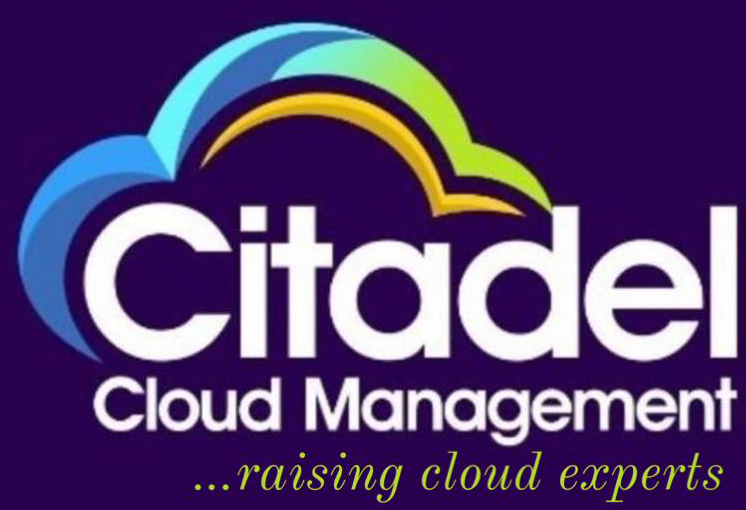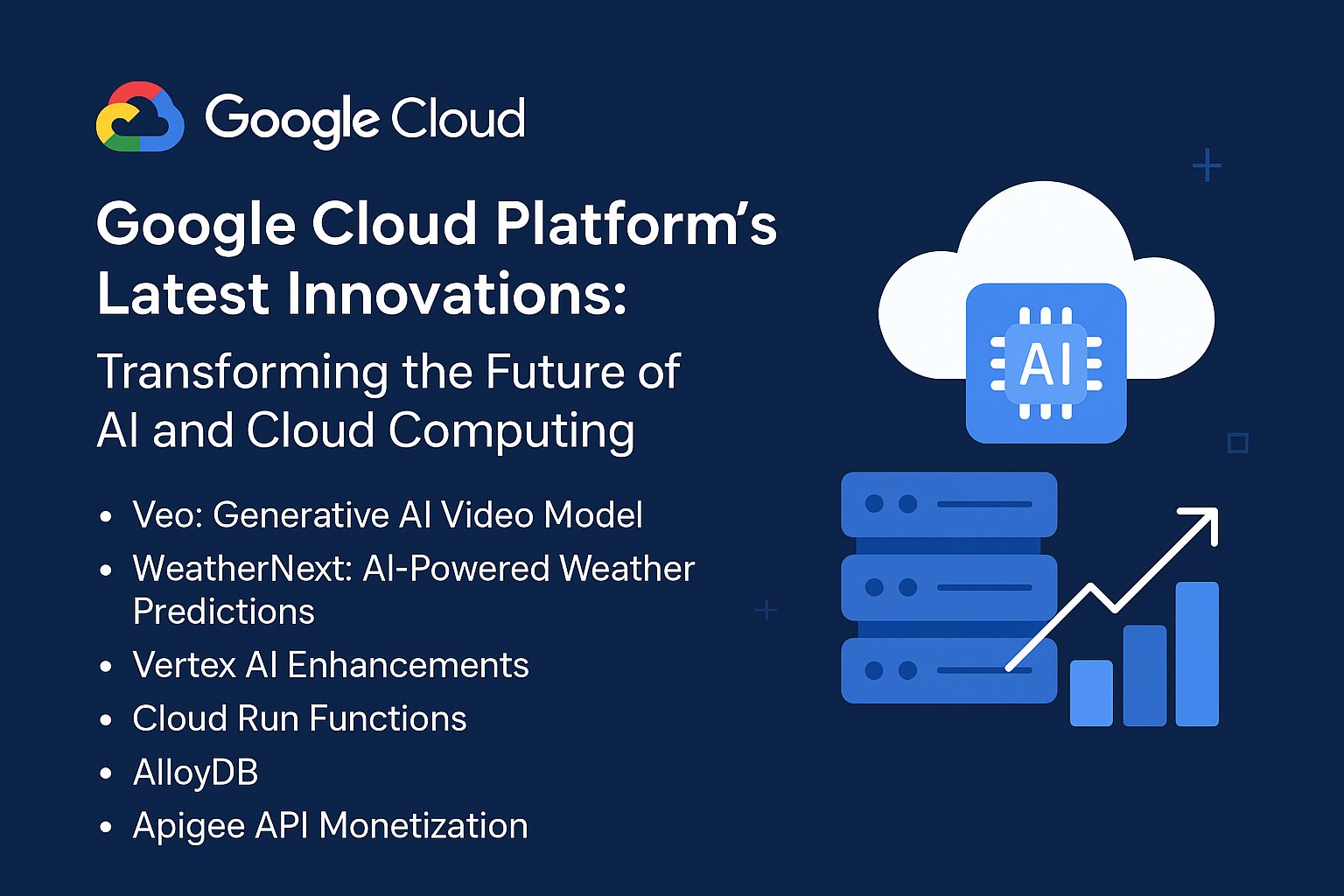Table of Contents
- Introduction
- What is Multi-Cloud?
- Definition
- Benefits
- Key Use Cases
- What is Hybrid Cloud?
- Definition
- Benefits
- Key Use Cases
- Differences Between Multi-Cloud and Hybrid Cloud
- Core Concept Differences
- Flexibility and Scalability
- Cost Management
- Security and Compliance
- Advantages of Multi-Cloud for Businesses
- Avoiding Vendor Lock-In
- Improving Performance
- Enhanced Disaster Recovery
- Advantages of Hybrid Cloud for Businesses
- Flexibility in Data Management
- Control Over Sensitive Data
- Optimized Cost Efficiency
- When to Choose Multi-Cloud for Your Business
- Suitable Scenarios
- Key Industries
- When to Choose Hybrid Cloud for Your Business
- Suitable Scenarios
- Key Industries
- Cost Comparison: Multi-Cloud vs. Hybrid Cloud
- Initial Setup Costs
- Ongoing Maintenance and Operations
- Total Cost of Ownership (TCO)
- Security Considerations in Multi-Cloud and Hybrid Cloud Environments
- Risks and Threats
- Mitigation Strategies
- Compliance Challenges
- How to Successfully Implement Multi-Cloud or Hybrid Cloud
- Best Practices
- Steps for Successful Implementation
- Key Technologies to Consider
- Conclusion: Which Model is Best for Your Business?
- Final Thoughts
- Decision-Making Criteria
- Moving Forward
1. Introduction
This section will introduce the concepts of multi-cloud and hybrid cloud, highlighting why businesses are considering these cloud models to support their operations and growth. It will provide an overview of how the flexibility, scalability, and cost-efficiency of cloud computing are essential for modern business strategies.
- Resource Links:
2. What is Multi-Cloud?
- Definition:
Multi-cloud refers to using multiple cloud services from different providers (e.g., AWS, Microsoft Azure, Google Cloud) to meet specific business needs. - Benefits:
Multi-cloud allows businesses to avoid vendor lock-in, enhance reliability, and leverage specialized services from various providers. - Key Use Cases:
Some typical use cases include disaster recovery, workload distribution, and specific use cases where different cloud providers offer unique capabilities. - Resource Links:
3. What is Hybrid Cloud?
- Definition:
A hybrid cloud is a computing environment that uses a combination of on-premises infrastructure, private clouds, and public clouds to manage workloads and data. It allows businesses to keep critical workloads in-house while leveraging the public cloud for scalability. - Benefits:
Hybrid cloud offers flexibility, better control over sensitive data, and optimized cost management by choosing between on-premises and public cloud resources. - Key Use Cases:
It’s particularly useful for businesses that need to manage both sensitive and non-sensitive data, or those looking to maintain legacy systems alongside modern cloud resources. - Resource Links:
4. Differences Between Multi-Cloud and Hybrid Cloud
This section will compare multi-cloud and hybrid cloud in key areas such as their core concepts, flexibility, scalability, cost management, and security implications.
- Core Concept Differences: Multi-cloud involves using multiple public clouds, while hybrid cloud integrates on-premise infrastructure with public or private clouds.
- Flexibility and Scalability: Multi-cloud enables leveraging best-in-class services across different providers, while hybrid cloud focuses more on data management flexibility.
- Cost Management: Hybrid cloud allows businesses to optimize costs by leveraging existing infrastructure, while multi-cloud may offer better cost control through competition between providers.
- Security and Compliance: Hybrid cloud often has stricter control over sensitive data, while multi-cloud can complicate security due to a wide array of services.
- Resource Links:
5. Advantages of Multi-Cloud for Businesses
- Avoiding Vendor Lock-In:
Multi-cloud strategies allow businesses to reduce dependency on any single provider. - Improving Performance:
Using multiple cloud providers can help reduce latency by choosing the best region or service for specific needs. - Enhanced Disaster Recovery:
By distributing data and services across multiple cloud platforms, businesses can ensure better disaster recovery options. - Resource Links:
6. Advantages of Hybrid Cloud for Businesses
- Flexibility in Data Management:
Hybrid cloud offers businesses the ability to store sensitive data on-premise while utilizing the public cloud for non-sensitive data. - Control Over Sensitive Data:
Businesses can keep critical workloads in-house while using the public cloud for scalable applications. - Optimized Cost Efficiency:
With hybrid cloud, businesses can control costs by selecting where to store and process workloads. - Resource Links:
7. When to Choose Multi-Cloud for Your Business
- Suitable Scenarios:
When businesses need to avoid vendor lock-in, enhance performance, or diversify workloads across various providers for different needs. - Key Industries:
Industries like e-commerce, healthcare, and finance, where specialized cloud services are crucial for operations. - Resource Links:
8. When to Choose Hybrid Cloud for Your Business
- Suitable Scenarios:
When businesses need greater control over sensitive data, want to retain legacy systems, or need a mix of scalability and security. - Key Industries:
Industries like finance, government, and healthcare, where data security and compliance are critical. - Resource Links:
9. Cost Comparison: Multi-Cloud vs. Hybrid Cloud
- Initial Setup Costs:
Multi-cloud might have higher initial setup costs due to multiple provider setups, while hybrid cloud could be more cost-effective if existing infrastructure is leveraged. - Ongoing Maintenance and Operations:
Hybrid cloud might incur lower operational costs if businesses use in-house infrastructure for non-cloud workloads, while multi-cloud could have variable pricing due to the complexity of managing different providers. - Total Cost of Ownership (TCO):
TCO in hybrid cloud is often lower as businesses manage critical applications in-house, whereas multi-cloud requires balancing multiple vendor contracts. - Resource Links:
10. Security Considerations in Multi-Cloud and Hybrid Cloud Environments
- Risks and Threats:
Managing multiple providers in a multi-cloud environment might introduce complexity in monitoring and securing data. In contrast, hybrid cloud offers more control over sensitive data, reducing security risks. - Mitigation Strategies:
Use strong encryption, proper access control, and secure APIs to protect your multi-cloud or hybrid cloud environments. - Compliance Challenges:
Ensure both security models meet industry-specific regulatory requirements, especially for sectors like healthcare or finance. - Resource Links:
11. How to Successfully Implement Multi-Cloud or Hybrid Cloud
This section outlines the best practices for selecting the right cloud architecture, choosing vendors, ensuring proper integration, and aligning cloud strategies with business goals.
- Best Practices:
- Define clear objectives.
- Choose the right combination of cloud platforms.
- Build a governance model.
- Resource Links:
12. Conclusion: Which Model is Best for Your Business?
This concluding section will help businesses decide whether multi-cloud or hybrid cloud is the better choice based on their specific needs, goals, and budget.
- Decision-Making Criteria:
- Business size and complexity
- Data sensitivity
- Cost considerations
- Resource Links:
This comprehensive table of contents with links and explanations should guide your understanding of multi-cloud and hybrid cloud models, and help you make an informed decision on which is best suited for your business.

